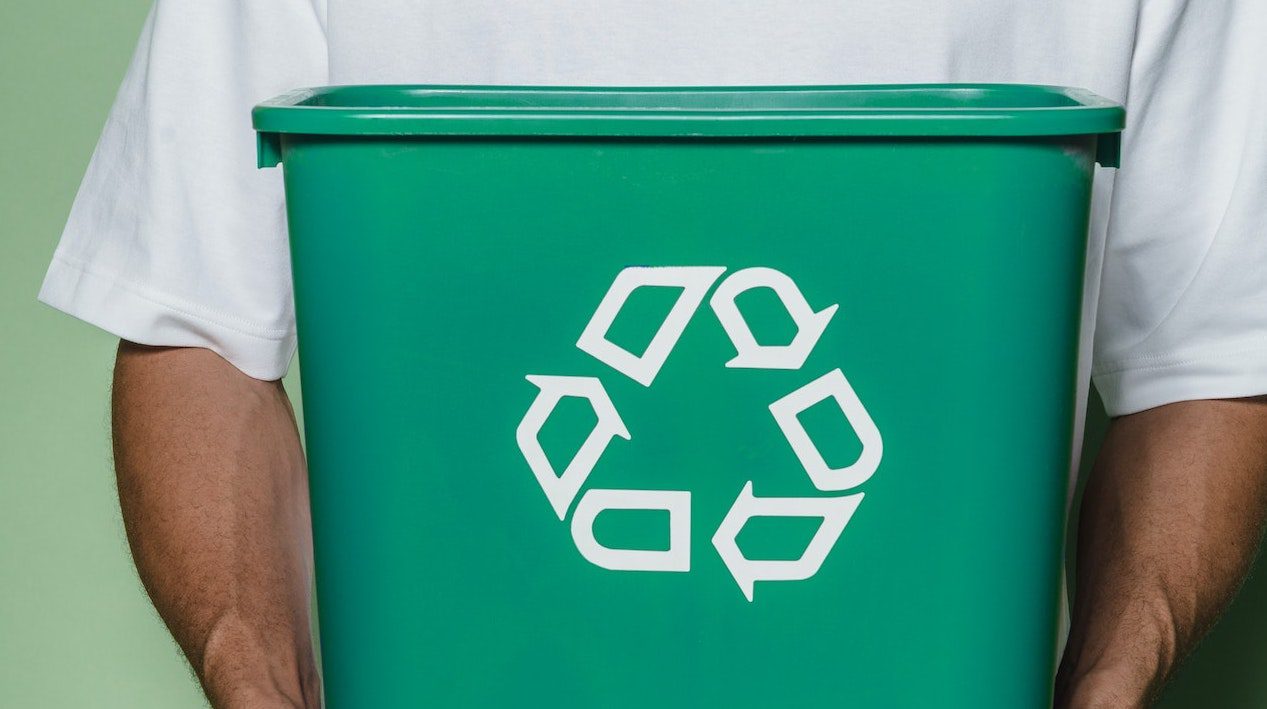How Can Businesses Recycle Effectively
Recycling is a crucial component of modern waste management practices, providing significant benefits for both the environment and businesses. In this article, we explore how businesses can effectively recycle their waste. Exploring the different recyclable materials they should focus on, as well as the benefits of recycling.
- Identify Recyclable Materials
The first step in recycling for businesses is to identify the various recyclable materials generated during daily operations. Some common business waste materials that can be recycled include:
- Paper and cardboard: office paper, newspapers, magazines, and cardboard boxes
- Plastic products: plastic bottles, containers, and packaging
- Glass: bottles and jars
- Metals: aluminium and steel cans, metal packaging, and scrap metal
- Electronics: computers, smartphones, and other electronic devices
- Food waste: leftover food from restaurants, catering facilities, and office kitchens.
- Set Up Recycling Stations
Once businesses have identified the types of recyclable materials they generate, they can set up recycling stations. This can include separate recycling bins for paper, plastic, glass, and metal products, as well as designated containers for food waste.
Ensuring these stations are clearly labelled and easily accessible to employees will help increase the recycling rate. This will in turn reduce the amount of waste sent to landfill and encourage a sustainable business.
- Partner with Recycling Companies
Collaborating with professional recycling companies like Bailey’s Skip Hire & Recycling can significantly streamline the recycling process for businesses. These companies offer collection, transport, and recycling services tailored to the specific needs of each business.
By partnering with a reliable recycling company, businesses can ensure their waste is managed responsibly and in accordance with environmental regulations.
- Educate Employees
Educating employees about the importance of recycling is essential for the success of any recycling program. Providing training and resources to employees can help create a culture of environmental responsibility within the organisation.
This will lead to a higher recycling rate and a more significant positive impact on the environment. Your team will also feel united toward a common goal and more inclined to recycle waste correctly.
- Monitor and Evaluate Recycling Efforts
Regularly monitoring and evaluating the success of a business’s recycling program can help identify areas for improvement and track progress over time.
This may involve tracking the amount of waste collected and recycled, assessing employee engagement with recycling initiatives, and analysing cost savings resulting from recycling efforts.
Benefits of Recycling for Businesses
There are numerous benefits of recycling for businesses, including:
- Cost savings: By recycling waste materials, businesses can reduce their waste disposal costs and even generate revenue by selling recyclable materials to recycling companies.
- Environmental benefits: Recycling reduces the amount of waste sent to landfill, conserves natural resources, and reduces greenhouse gas emissions associated with the production of new materials.
- Enhanced reputation: Demonstrating a commitment to recycling and environmental responsibility can improve a business’s public image, attracting environmentally conscious customers and fostering loyalty among existing clients.
- Compliance with regulations: Recycling can help businesses comply with environmental regulations and avoid potential penalties or legal action.
Recycling’s Role in Reducing Business Carbon Footprint
Incorporating recycling into a business’s waste management strategy not only contributes to a more sustainable environment but also helps reduce its carbon footprint. By recycling materials businesses can prevent the extraction and production of new raw materials, which requires significant energy and generates greenhouse gas emissions.
Recycling also reduces the amount of waste sent to landfill sites, where decomposing waste releases methane, a potent greenhouse gas. Furthermore, recycling food waste through methods such as composting and anaerobic digestion can help convert it into valuable resources like nutrient-rich soil.
Overall, investing in recycling initiatives plays a vital role in mitigating climate change and helps businesses demonstrate their commitment to environmental responsibility and sustainable practices.
Why Recycling Is Essential For Your Business
Businesses play a crucial role in promoting recycling and reducing the environmental impact of waste. By completing the steps above, businesses can make a significant positive impact on the environment and enjoy the many benefits of recycling.
Bailey’s Skip Hire & Recycling is committed to helping businesses recycle waste. Contact our team of experts today to learn how we can support your business’s recycling initiatives and waste management goals.




